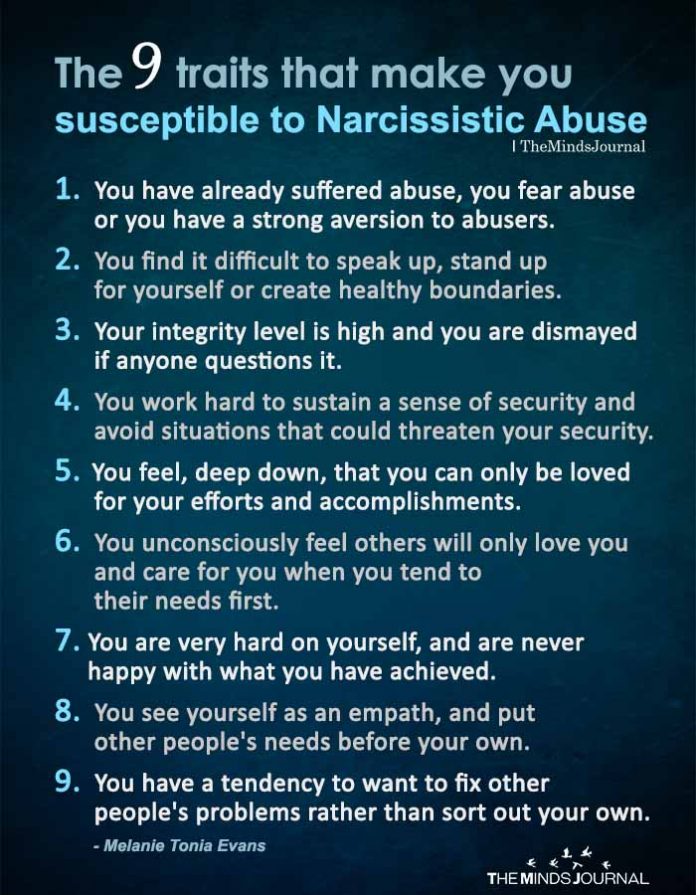Are narcissists all the same? I have had so many people read my books or articles, or watch my videos and say things like, “I can’t believe how accurate this is for my situation,” or “Have you been spying on me? This is my life!” I’ve even heard people say we must have the same parents or ex because my situation sounded identical to theirs.
I’ve been researching and writing about narcissism and narcissistic abuse recovery pretty extensively for over a decade now.
One thing that has always stood out to me is that the traits of narcissists seem to be the same across the board – regardless of their life circumstances, relationship status, culture, race, religion, financial status. It’s almost like they have a narcissist playbook or something. How is it possible that they’re all so very similar?
Well, that’s exactly what we’re talking about today at QueenBeeing.com.
So do narcissists really have a “playbook” used to manipulate you?
Not technically, but it almost seems like they do. A client of mine recently referred to this as a “narcissist program” – noting that narcissists all seemed to be running the same “computer program.” I’ve also found myself jokingly referring to narcissists as “NPCs” or “non-player characters” – a video-game term I learned from my kids that means a programmed character that doesn’t have a human behind it.
But why is that? How could they all be so similar? Is there something specifically neurological going on? Is it a result of some sort of trauma, or is there something else going on? Well, let’s talk about it.
Related: The Narcissistic Dictionary: Terms That Describe Narcissistic Behaviors
How are narcissists are different than the rest of us?
So, we all know that narcissists are seriously lacking in empathy, especially those who would be classified as having NPD (narcissistic personality disorder) if they’d ever give anyone the chance to diagnose them officially. (Side note – they won’t, because they don’t feel that there’s anything wrong with them).
Research Says People with NPD Have Different Brains
Let’s start with the fact that published scientific research tells us that people with a narcissistic personality disorder may have less gray matter in the left anterior insula, the part of the brain linked to empathy.
Side note: You don’t have to take my word for it – I’ll link to this study and others I’m mentioning in the description below this video so you can see for yourself.
But the layman’s version of the scientific explanation is that those parts of the brain that mediate empathy (the ability to care about other people’s feelings) are lower functioning and less capable of focusing on others.
In other words, a narcissist has less gray matter in their brain than someone who is capable of empathy. Worse, researchers say, the differences in the narcissist’s brains are actually literally causing them to turn inward and to self-focus.
Study authors defined certain traits as being shared among all narcissists, despite various other definitions and forms of personality disorder.
In a German study, researchers found that the degree to which a person was able to exhibit empathy was directly tied to the amount of gray matter in the brain, both in healthy individuals as well as in those with a narcissistic personality disorder.
Narcissistic Abuse is Subtle
Narcissists are by nature very subtle in the way they control and manipulate their victims. In fact, so often, even the very people they’re manipulating and controlling aren’t aware of it – in fact, that’s the very nature of their favorite manipulation tactic, gaslighting.
So many people are in these situations and because they are being so heavily manipulated, they really believe that they are the ones with the “issues” – when in reality, they’ve just been horribly gaslighted by one of these toxic people.
It’s crazy-making, to say the least.
While there are various types of narcissists and they exist at various levels of toxicity, there are four basic traits that every narcissist has in common, according to a 2013 study published by Kamila Jankowiak-Siuda and Wojciech Zajkowski.
In a narcissism-focused study, the researchers were able to define the following traits as being shared among all narcissists, despite various other definitions and forms of personality disorder. It didn’t matter if they were a covert narcissist or an overt one – or one of the many other types that we’ve currently defined.
Related: 24 Terms Of Narcissistic Abuse That You Should Know About
4 Qualities Shared by All Narcissists
The qualities that are shared by all narcissists, regardless of classification, include the following.
- Selfishness
- Disregarding other people
- Being self-centered
- Lack of empathy
But there are relatively few people diagnosed with NPD. Why is that?
Typically, NPD goes undiagnosed because most narcissists see nothing wrong with their behavior. But just for the sake of discussion, let’s quickly review the symptoms of narcissistic personality disorder.

Symptoms of Narcissistic Personality Disorder
According to the Diagnostic and Statistical Manual of Mental Disorders (DSM-5), published by the American Psychiatric Association, the official list of symptoms is as follows.
- Having an exaggerated sense of self-importance.
- Expecting to be recognized as superior even without achievements that warrant it.
- Exaggerating your achievements and talents.
- Being preoccupied with fantasies about success, power, brilliance, beauty or the perfect mate.
- Believing that you are superior and can only be understood by or associate with equally special people.
- Requiring constant admiration.
- Having a sense of entitlement.
- Expecting special favors and unquestioning compliance with your expectations.
- Taking advantage of others to get what you want.
- Having an inability or unwillingness to recognize the needs and feelings of others.
- Being envious of others and believing others envy you.
- Behaving in an arrogant or haughty manner.
As you can guess from the official list of symptoms, diagnosis of NPD would typically be made by a qualified psychologist or psychiatrist when five or more of the characteristics are identified – but generally, the condition goes undiagnosed because narcissists see nothing wrong with their behavior.
Related: Identifying Covert and Grandiose Narcissists In Your Life
Common Narcissist Behaviors
Are narcissists predictable? The playbook they use to predict you.
People who are involved with narcissists and those who have NPD typically report the following kinds of behaviors and characteristics – do we see a pattern?
- The belief that he or she is “special” and the desire to only associate with people he or she perceives are on their wavelength or who will “appreciate” them.
- The need for excessive admiration from those around him or her.
- An expectation of especially favorable treatment and automatic agreement by people around him or her.
- Exploitation of others around them for their own benefit or advancement.
- Inability to empathize with others.
- Feels envious of others, but also feels that others are envious of him or her.
- Acts arrogant, and may try to disguise arrogance with ethics.
- Displays an exaggerated sense of self-importance and is typically extremely judgmental.
So how do you deal with these people if you have one in your life? Well, usually it’s best to distance yourself from a person with NPD. This is especially true because they don’t generally realize that anything is wrong. Plus, there is currently no known “cure” for NPD–though if a person affected with it seeks therapy, change is possible. However, it’s very unusual for a person with NPD to seek therapy since they don’t see a problem with their behavior.
Related: 30 Truths Behind A Narcissist’s Toxic Actions That’ll Set You Free
There is so much more to discuss here, but I want to open up the discussion now with the question of the day. The question of the day is have you noticed that someone in your life seems to have all the traits and qualities of a narcissist? Have you ever wondered if they all have a playbook?
Written by Angie Atkinson Originally appeared on QueenBeeing










Leave a Reply
You must be logged in to post a comment.